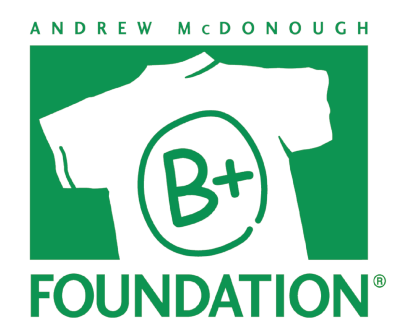Dietary valine modulation to enhance therapies for high-risk T-ALL
Dr. Palaniraja Thandapani, Ph.D. – University of Texas M.D. Anderson Cancer Center, Houston, TX
Acute lymphoblastic leukemia (ALL) is the most common type of childhood cancer with more than 3000 children/adolescents under the age of 20 diagnosed with ALL each year in the United States. ALL is a disease that affects a type of white blood cells called lymphocytes that help the body fight infection and disease. ALL can be broadly divided into either B-ALL or T-ALL. B-ALL affects a type of lymphocytes called B-lymphocytes whereas T-ALL affects T lymphocytes. Historically children with T-ALL have worse prognosis than B-ALL. B-ALL also have better therapeutic options available including targeted and immunotherapies, whereas children with T-ALL are limited to therapies with well documented long-term negative effects like chemotherapy, radiation therapy. Hence, better therapies that kill leukemic cells without harming normal cells is the need of the hour in T-ALL. In this proposal, we aim to evaluate a new therapeutic approach of nutrient deprivation to treat T-ALL grounded on our strong preliminary finding that T-ALL cells need high levels of the nutrient valine for their growth and survival. Our project investigates plausible different avenues of using this approach in combination with currently used chemotherapy and with new drugs in T-ALL treatment. The goal of our project is to identify therapy combinations that willm increase the efficiency of current treatments in killing the leukemia cells to prevent relapse and to provide new options for treatment of high-risk disease.

